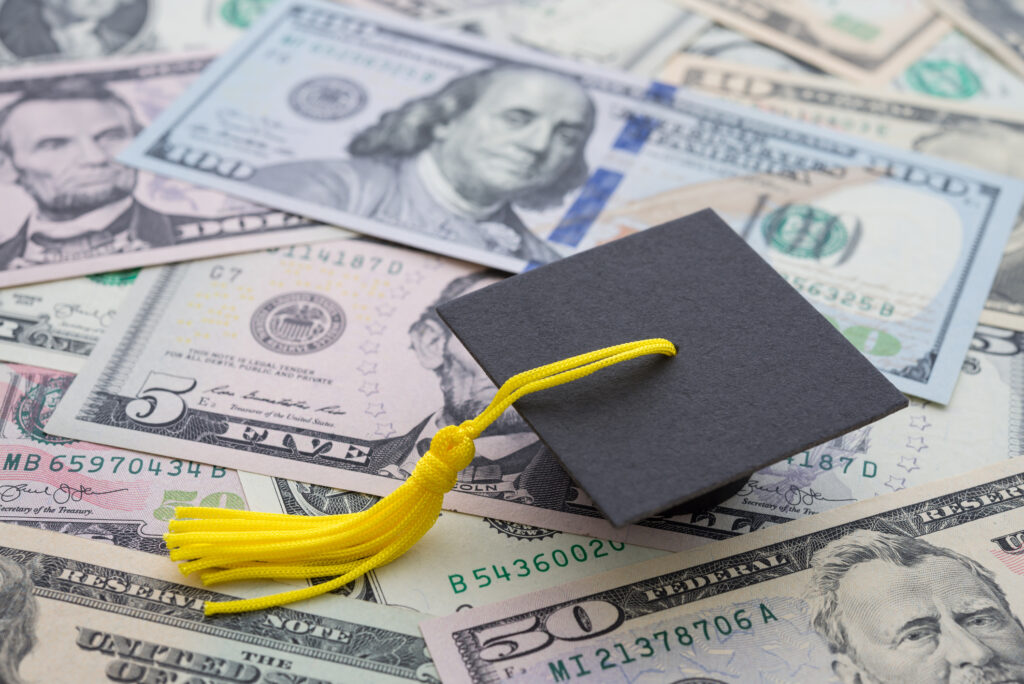A bipartisan pair of state representatives proposes replacing North Carolina’s existing tuition tax credits for special-needs children with a voucher plan for private school tuition.
Representatives Marcus Brandon (D-Guilford) and Bert Jones (R-Rockingham) are primary sponsors of House Bill 269, which has several other Republican and Democrat cosponsors. It would convert the state’s tax reimbursement plan into a direct voucher for special-needs students worth up to $6,000 per school year. This would let poor families who do not pay much or anything in taxes participate.
“The idea of converting the existing tax credit into a voucher may appear trivial. But it will be anything but trivial for thousands of families who may now be able to receive funding for their special-needs child,” said Terry Stoops, director of education studies at the John Locke Foundation.
Brandon says he hopes the school choice plan will help working-class families.
“For me to look a constituent in the face and tell them that they have to go to this school because they live in this place is fundamentally wrong,” Brandon told School Reform News.
The Last Word
Currently, public schools get the final say in what services a special-needs child will get, after months of meetings between the child’s family and school officials. State and federal laws require schools to provide all children an “appropriate” and “quality” education, Brandon noted.
“Who gets to define ‘appropriate,’ and who gets to define ‘quality’?” he asked. “That has to be a family discussion. They have the right to choose that.”
Jones points to benefits both for children and their communities. Special education services are often expensive, and schools determining them are often prohibited from considering the cost of a certain intervention or service.
The bill “is a win-win-win situation,” Jones said. “It allows more parents to best determine the best venue for their child with special needs, it saves the state money, and it frees up more money per pupil for the public schools.”
In Florida, special-needs voucher recipients on average cost the state $3,000 less than the average public school student.
“Anyone who appreciates liberty and freedom, and shops for goods and services, should be aware of the benefits of choice,” Jones said.
Lack of Opportunity
People in the communities Brandon serves desperately need more education opportunities, he said.
“I was shocked when I went and knocked on doors,” he said. “It was hard for me to find someone who graduated from high school. You realize these people have zero percent chance of making it in society.… They can’t get a job. It’s a cancer in the community.”
Brandon says it’s important to “fix public schools,” but “I can’t wait. Every year we lose kids. That’s why you see entire communities are decimated by this.”
Stoops expects more school choice proposals will surface: “Leaders in the General Assembly have made school choice a priority.”
Image by Joint Base Lewis McChord.




